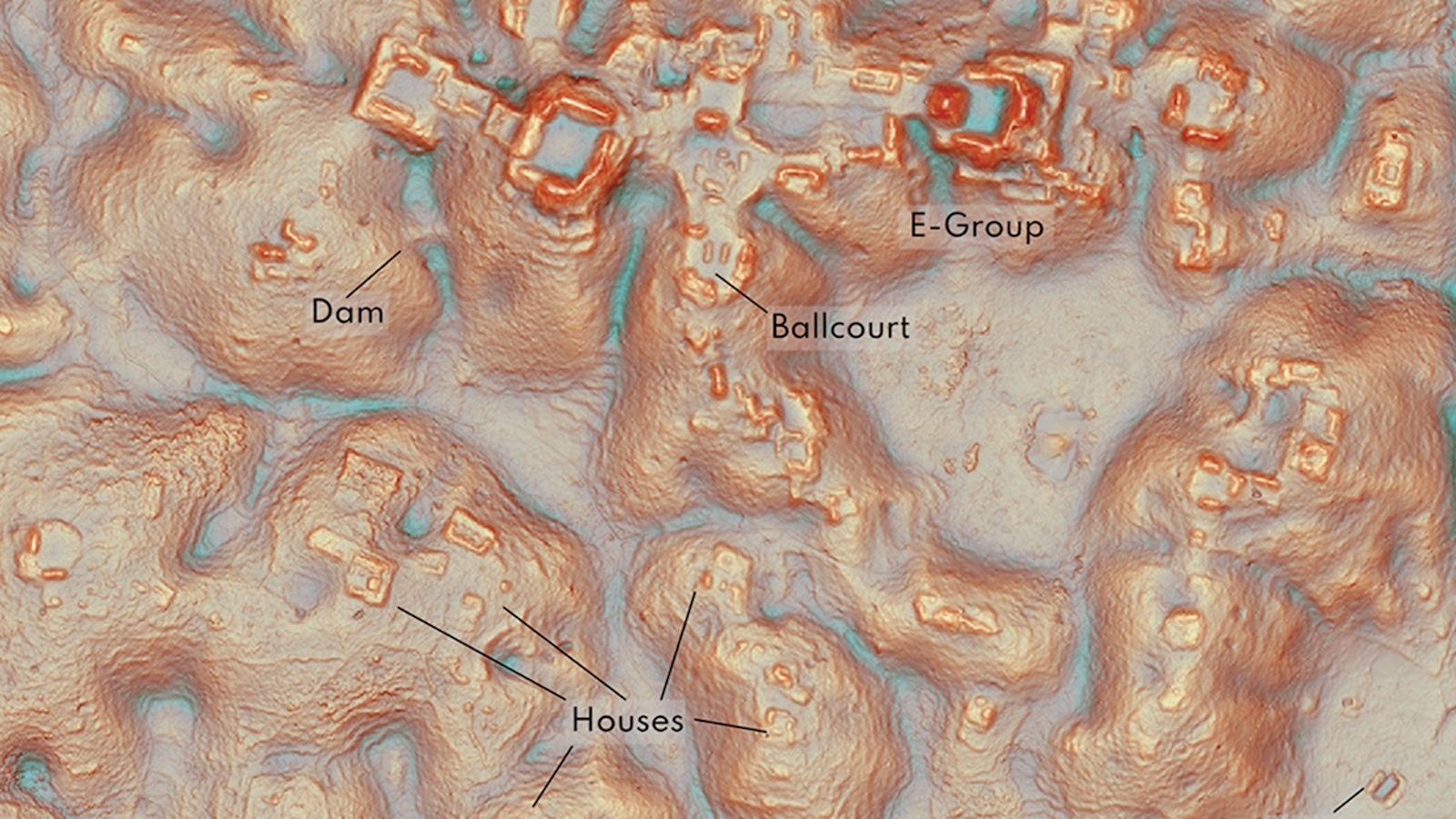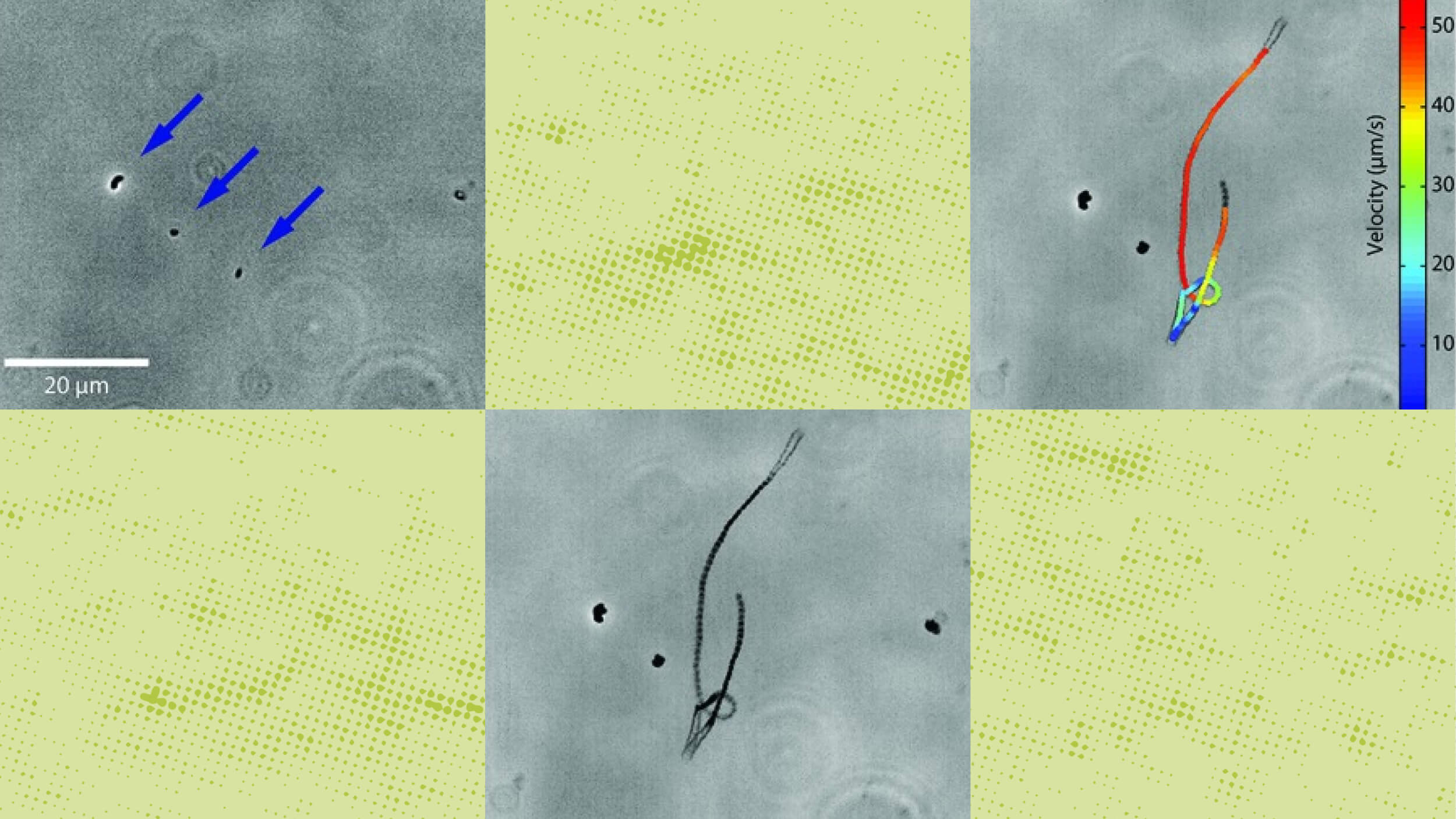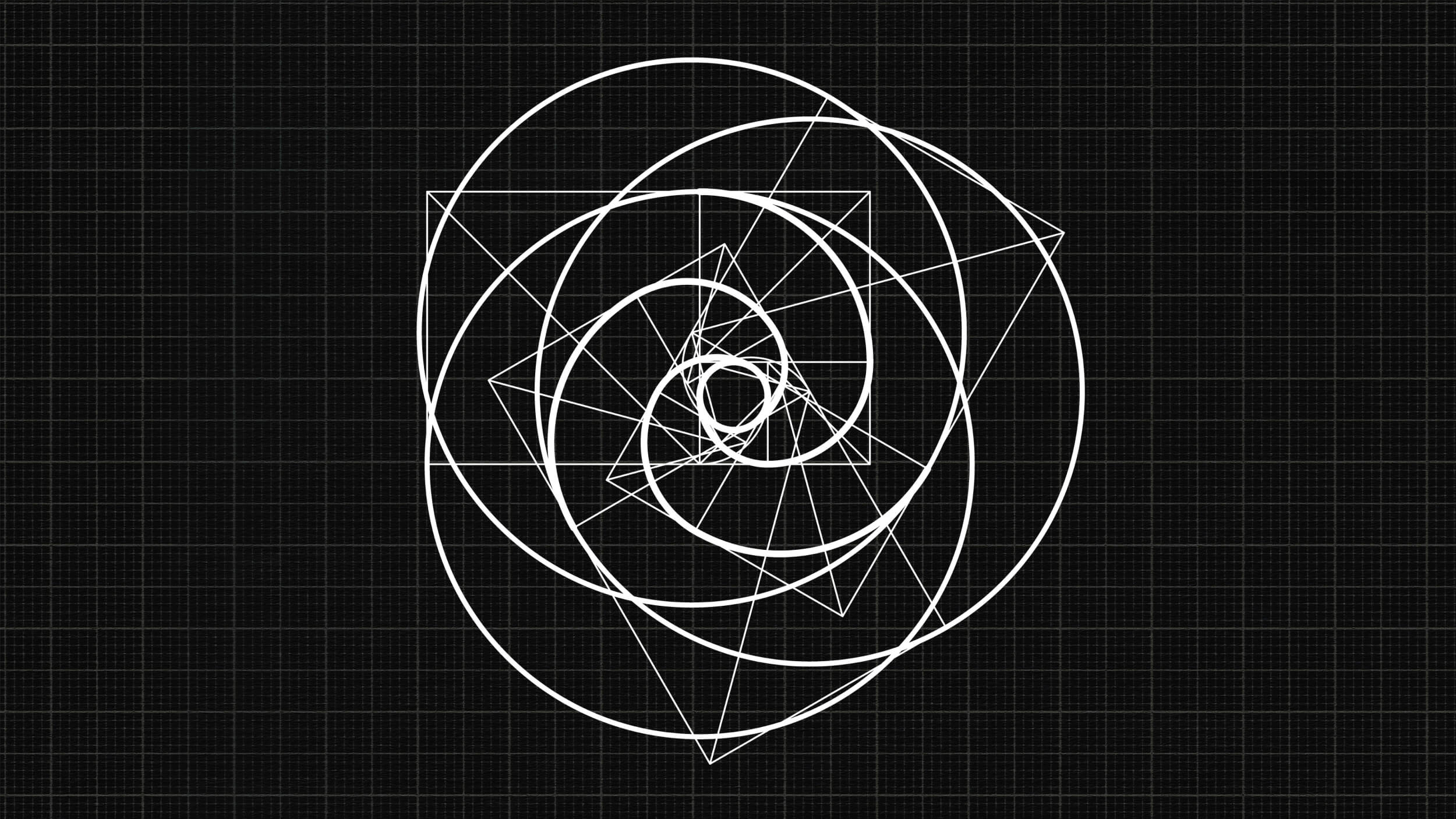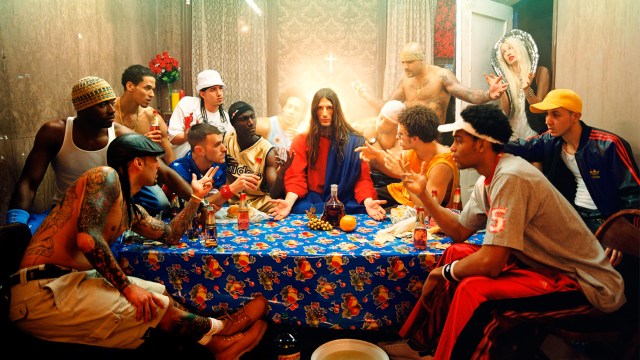Genes are the Hand You’ve Been Dealt. But It’s How You Play the Hand That Counts
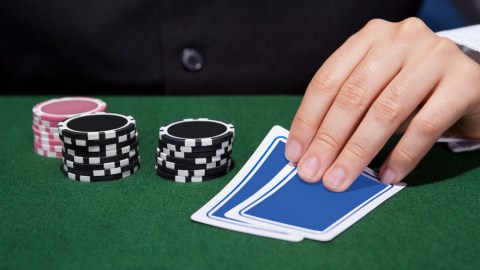
There are two lines of DNA that are very important and will remain so — the ones going down your maternal line and your paternal line, and they are very informative. But they only cover a very small part of your genome. We now know a little bit more about how to analyze the other parts of your genome, your other chromosomes. It doesn’t help quite so much. Because your genes are shuffled, you’ve got to do a lot of genealogy work to try and work out which bits come from which ancestor.
Nonetheless, I think that one of the benefits coming from this is that you can link in to people that you have no idea you are related to. So going back about five generations to a common ancestor, you can just show that you’re linked to or related to somebody who you never knew you were, and that can be followed up through the records and confirmed, or not.
I think it’s always been the dream a lot of geneticists—and geneticists do tend towards megalomania sometimes—that as soon as we’re born we’re going to have our entire genome sequence and that will tell us what’s going to happen to us throughout the rest of our lives. I don’t subscribe to that. I think that genes are the deck of cards that you’re handed at birth, but it’s how you play them that counts.
60 Second Reads are recorded in Big Think’s studio
Image courtesy of Shutterstock
